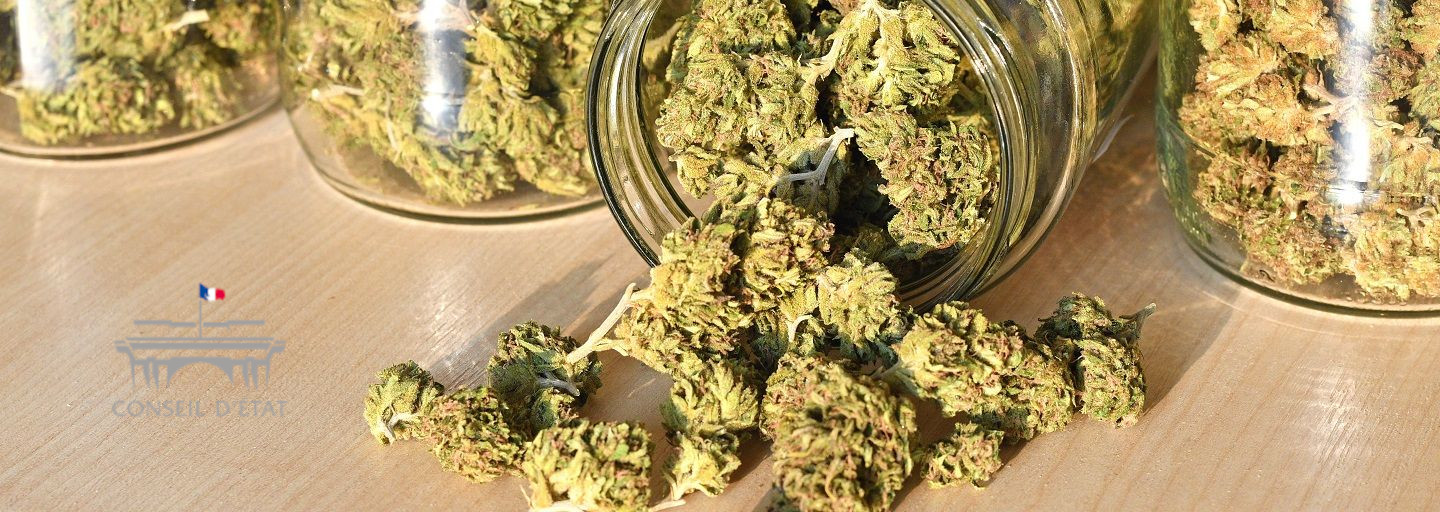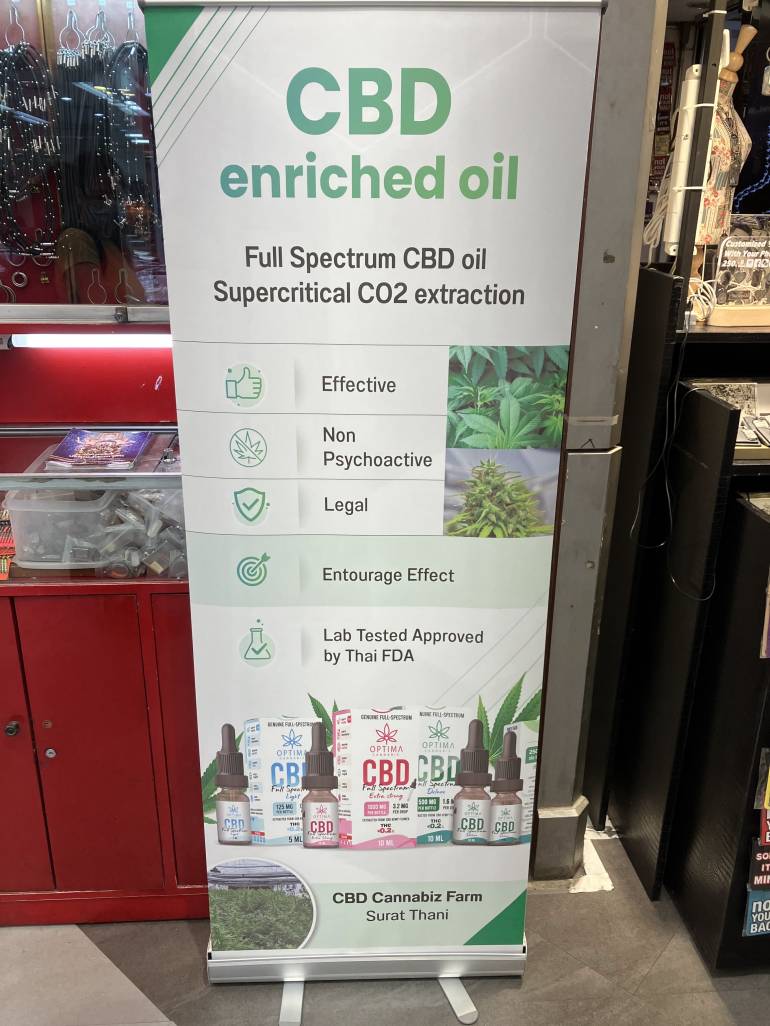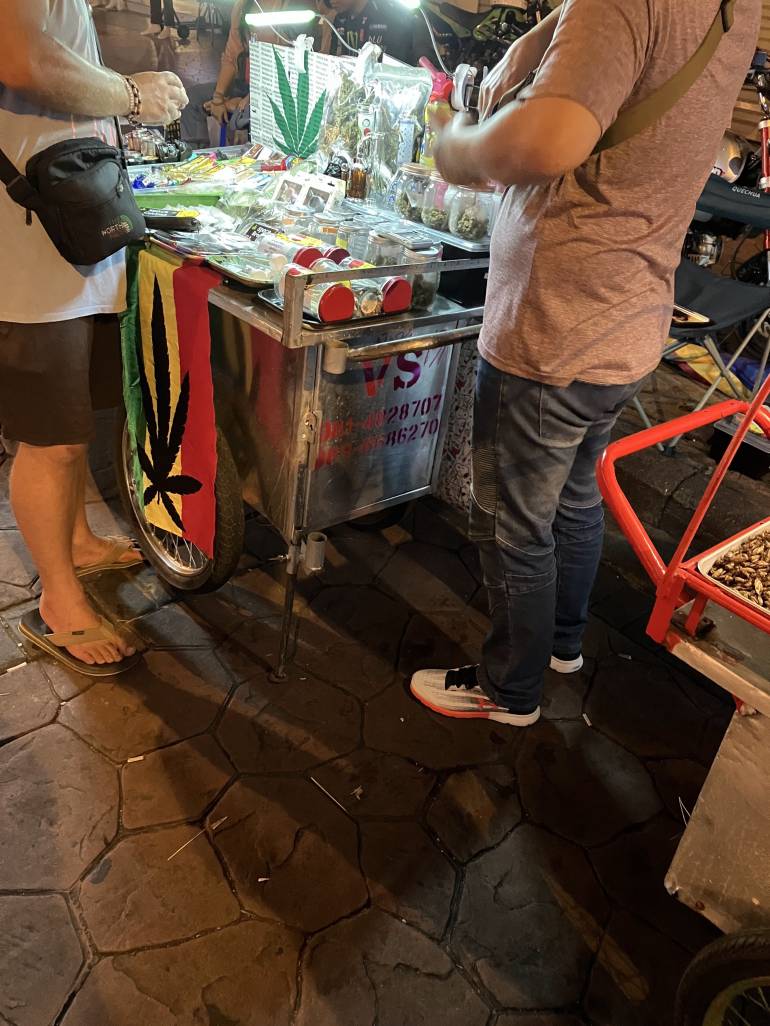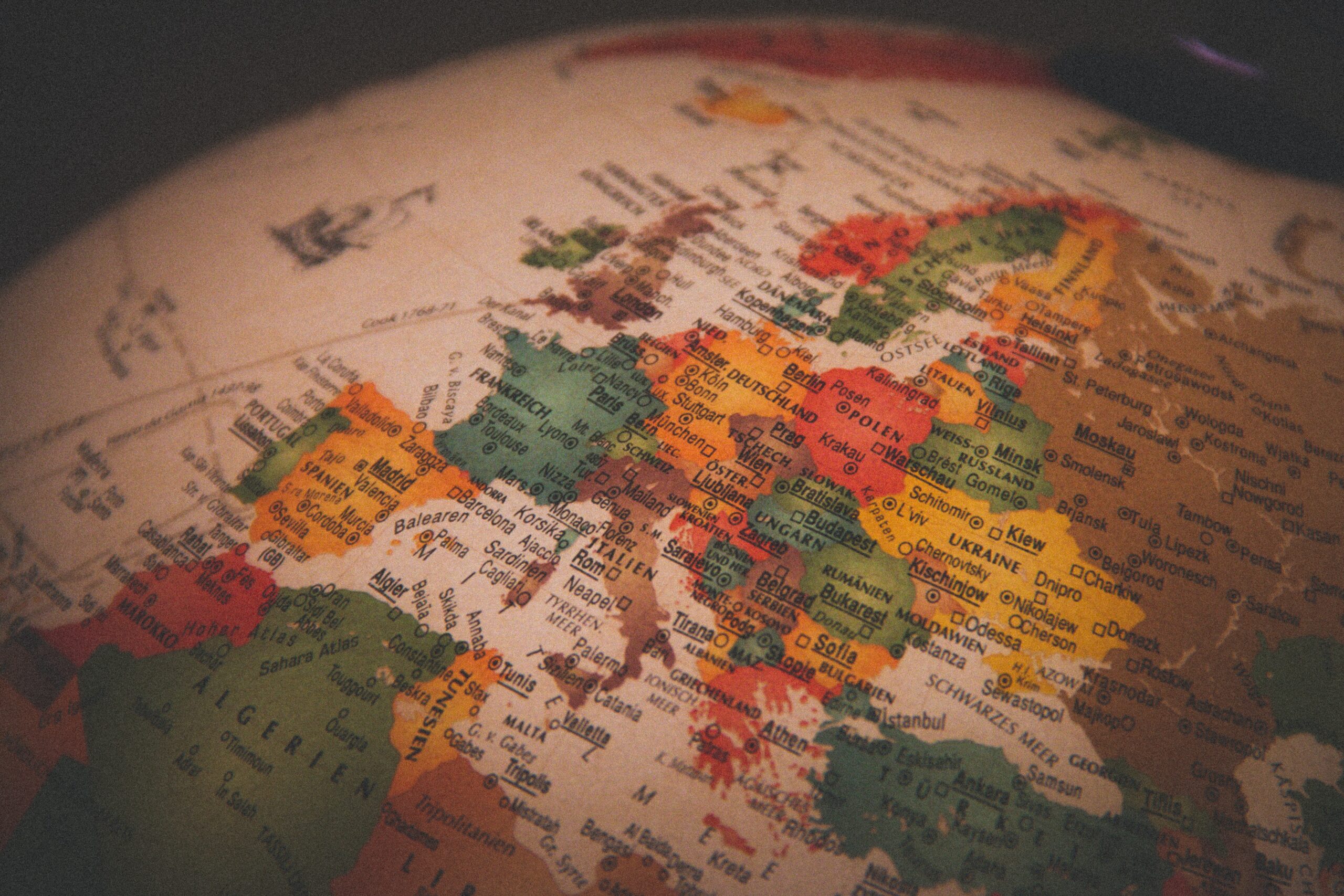
About a year ago, in early 2022, French cannabis legislation was chaotic. At first, unprocessed product was banned even with THC content below 0.3%. Just one month later, however, a court suspended enforcement of this boondoggle. Almost exactly one year after the original decree of 30.12.2021, the French Council of State has now reversed its own decision. So, since the end of December, it is now clear that France currently continues to follow the EU standard, which basically allows CBD products with less than 0.3% THC.
In full detail, this political skirmish was documented in the IG Hanf article pasted below. If you are more interested in the legal situation in another country, you can find a compilation of the state of affairs in our neighboring countries in our vacation guide.
France: repeal of the decree prohibiting the sale of cannabis flowers and leaves with low THC content
The Council of State of France annuls the Decree of December 30, 2021, which prohibits the sale of cannabis flowers and leaves with a THC content of less than 0.3%. The competent authority notes that CBD has no psychotropic properties, is not addictive and therefore cannot be considered a narcotic. The State Council further states that it has not been proven that the consumption of flowers and leaves of such cannabis varieties with low THC content poses a risk to public health. Therefore, the general and absolute prohibition concerning marketing of such products was declared illegal.
The French Public Health Code (Article R. 5132-86) prohibited the production, marketing, possession, purchase, or consumption of cannabis (flowers, leaves, resin, and products derived therefrom). However, it provided that “the cultivation, importation, exportation, and industrial and commercial use of cannabis varieties that do not have narcotic properties” could be authorized under certain conditions.
Based on this exemption, an interministerial decree of December 30, 2021, allowed the use of flowers and leaves exclusively from cannabis varieties with a THC content of 0.3% or less for the production of extracts that in turn comply with this value. However, at the same time, the decree prohibited the sale of flowers and leaves “in the raw” of such varieties to end users, regardless of the form of the final product (herbal teas, oils, CBD cosmetics…).
The State Council’s temporary restraining order judge, seized of an emergency case in early 2022, had suspended enforcement of that ban in an order dated January 24, 2022. The State Council decided on December 29, 2022 in the matter and considers the general and absolute ban on the marketing of cannabis leaves and flowers in the raw state with low THC content, i.e. without psychotropic properties (<0.3%), to be disproportionate. It therefore cancels this prohibition, which was established by the decree of December 30, 2021, was set at.
CBD has no psychotropic effect and is not addictive.
The clarifications carried out by the State Council on the matter revealed that the content of CBD and THC varies greatly between the different cannabis varieties. These two substances, CBD and THC, are the main cannabinoids found mainly in the flowers and leaves of cannabis, are very different in terms of effect. The scientific data submitted by the parties have shown that CBD has decramping and relaxing properties and an antispasmodic effect, but unlike THC, it has no psychotropic effect and is not addictive. Thus, cannabis strains with a low THC content (<0.3%), are not classified as addictive substances.
CBD does not create a public health risk that warrants a blanket and absolute ban.
In assessing the legality of the ban decision, the State Council first recalls that such a ban must be justified in terms of the public health objective pursued and must be proportionate to the health risks posed by the substances thus regulated.
He notes that health risks depend on the actual amounts of THC ingested. He judges that the harmfulness of the other molecules contained in the cannabis flowers and leaves, especially CBD, has not been proven according to the state of scientific data.
It concludes from the scientific evidence presented at the evidentiary hearing that the consumption of leaves and flowers of cannabis varieties with a THC content of less than 0.3% does not create risks to public health that would justify a general and absolute ban on their marketing.
Tests allow the differentiation of cannabis strains.
To justify the ban on their marketing, the Minister of Social Affairs and Health also argued before the State Council that the marketing of flowers and leaves of cannabis varieties without psychotropic properties would jeopardize the effectiveness of drug control policies due to their similarity and confusability with flowers and leaves from THC-dominant varieties of cannabis that have narcotic properties.
However, the State Council noted that the THC content of flowers and leaves can be readily checked using inexpensive rapid tests that can distinguish varieties with stupefying properties from those that do not. The Council of State therefore considers that the effectiveness of drug control policy is not a valid argument to prohibit the marketing of cannabis flowers and leaves in the raw state with a THC content of less than 0.3%.
However, unlike in Switzerland, it is still unclear in France under which product category cannabis flowers with a low THC content may be marketed. In this respect, there is still a gray area that needs to be regulated.
Source/original text: https://www.conseil-etat.fr/actualites/cbd-annulation-de-l-arrete-interdisant-la-vente-des-fleurs-et-feuilles-de-cannabis-sans-proprietes-stupefiantes (french)
About IG Hemp IG Hanf is the trade association of the Swiss cannabis industry. It represents its members vis-à-vis politicians, authorities and the public. In doing so, it promotes exchange and cooperation among members, thereby strengthening the cannabis industry in Switzerland. Their mission is to create a regulated cannabis market to ensure Switzerland is at the forefront of the global cannabis industry. IG Hemp sets new standards for its members and the industry. First and foremost with the quality label Swiss Certified Cannabis, which guarantees reliable product and consumer safety. IG Hanf is also a founding member of the Cannabis Consensus Switzerland association, in which organizations and political parties jointly pave the way for an open and responsible approach to cannabis. Further information: www.ighanf.ch | www.swiss-certified-cannabis.ch | www.ighanf.ch/ehrenkodex














